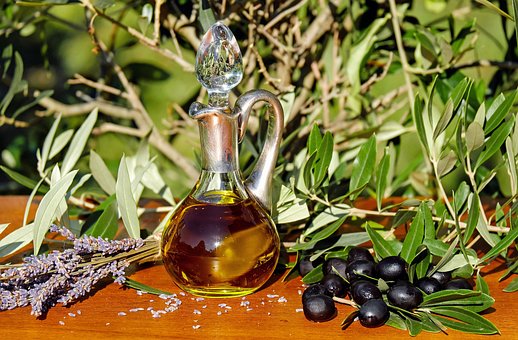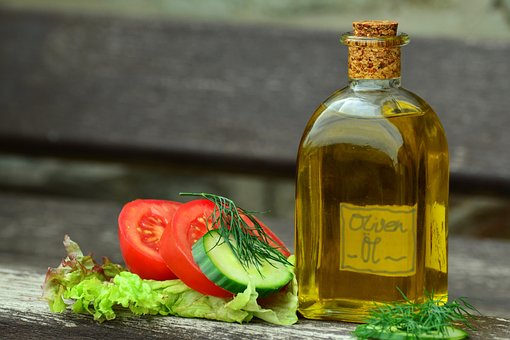Olive oil is a staple in many kitchens around the world, and for good reason. It is a versatile and flavorful oil that is often used in cooking and as a condiment. But beyond its taste, olive oil is also known for its potential health benefits. In this article, we will explore the nutritional value of olive oil and discuss whether it is healthy for you.
First, let’s look at the nutritional profile of olive oil. One tablespoon of olive oil contains approximately:
120 calories
14 grams of fat
2 grams of saturated fat
0 grams of cholesterol
0 grams of carbohydrates
0 grams of protein
Most of the calories in olive oil come from fat, with about 11 grams of monounsaturated fat and 2 grams of polyunsaturated fat per tablespoon. Monounsaturated fat, also known as “good” fat, is known for its potential to lower cholesterol levels and reduce the risk of heart disease. Polyunsaturated fat, on the other hand, is a type of “essential” fat that the body needs for proper function but cannot produce on its own. It is important to get a balance of both types of fat in your diet.
Olive oil is also a good source of antioxidants, particularly vitamin E. Antioxidants help to protect the body’s cells from damage caused by free radicals, which are unstable molecules that can contribute to the development of chronic diseases such as cancer and heart disease.
Now that we have a basic understanding of the nutritional profile of olive oil, let’s discuss whether it is healthy for you. The short answer is that olive oil can be a healthy part of a balanced diet when consumed in moderation.
One of the key benefits of olive oil is its potential to improve heart health. As mentioned earlier, olive oil is rich in monounsaturated fat, which has been shown to lower cholesterol levels and reduce the risk of heart disease. Additionally, olive oil has anti-inflammatory properties, which may also contribute to its heart-healthy effects.
Olive oil may also have other health benefits. Some studies have suggested that it may have a protective effect against certain types of cancer, such as breast, colon, and prostate cancer. Other research has suggested that it may have a positive effect on blood sugar control and weight management.
Despite its potential health benefits, it is important to consume olive oil in moderation. Like all fats, it is high in calories, so it is important to monitor your intake. The American Heart Association recommends consuming no more than 5-6 teaspoons of oil per day, including olive oil.
In addition to moderating your intake, it is also important to choose high-quality olive oil. Extra-virgin olive oil is the highest quality and is made from pure, cold-pressed olives, without the use of any solvents. It is also the least processed form of olive oil, which means it retains the most nutrients.
In summary, olive oil is a nutritious and flavorful oil that can be a healthy part of a balanced diet when consumed in moderation. Its high monounsaturated fat content, antioxidant content, and anti-inflammatory properties make it a heart-healthy choice. However, it is important to consume it in moderation and choose high-quality, extra-virgin olive oil for the best health benefits.

 Home
Home Health
Health Diet & Nutrition
Diet & Nutrition Living Well
Living Well More
More












